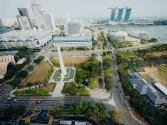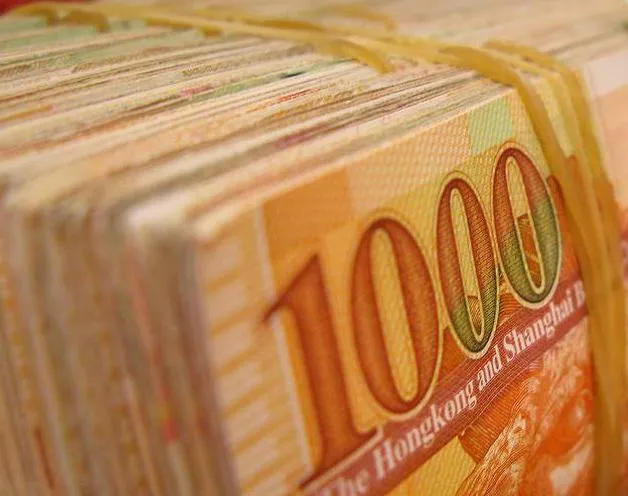
Consolidated budget surplus may hit HK$49.9b
It's much higher than previously forecast.
The HKSAR Government is expected to record a HK$95.5 billion consolidated budget surplus in the fiscal year 2015/16, based on projected fiscal revenue of HK$516.7 billion and expenditure of HK$421.2 billion.
According to a release from PwC, the surplus is much higher than the HK$36.8 billion previously forecast by the Government. After taking away the HK$45.6 billion of investment gains from the Exchange Fund that the Government has designated for the Housing Reserve Fund, the consolidated surplus will shrink to HK$49.9 billion. PwC expects that this huge surplus is primarily attributable to much higher than expected stamp duty revenue. This revenue is estimated at HK$77.4 billion for the fiscal year - higher than the government’s initial estimate by HK$27.4 billion.
PwC predicts that total revenue from profits tax and salaries tax will reach HK$200.8 billion, which is slightly higher than the government’s estimate of HK$191.5 billion. Although the Government has further increased the deposit-to-loan ratio in an attempt to moderate the risks associated with the property market, the volume and value of residential property transactions have continued to go up.
In addition, due to the buoyant trading in the equity market, PwC expects total stamp duty revenue to reach HK$77.4 billion – much higher than the Government’s forecast of HK$50 billion. Taking into consideration the land sales plans announced at the end of December, PwC expects revenue from land sales for 2015/16 will hit HK$71.5 billion. On the other hand, PwC expects expenditure to amount to HK$421.2 billion, which is lower than the Government’s estimate of HK$440.8 billion.
Here's more from PwC:
PwC Hong Kong Tax Partner KK So said, “As the central government implements the One Belt, One Road development strategy, the Hong Kong Government has positioned the territory as a ‘super connector’. PwC considers the Government should roll out corresponding policies so that Hong Kong can capitalise on the economic momentum brought about by OBOR. To boost Hong Kong as a platform for mainland enterprises ‘going global’ and to attract multinational corporations to set up regional headquarters in Hong Kong, we suggest the Government undertake a comprehensive review of the current tax system. It should also continue to enter into agreements with other jurisdictions to avoid double taxation, especially those along the Belt and the Road.” Mr So also proposed a review of the effectiveness of the various tax measures that were introduced into our tax system in recent years and making further refinement where necessary, e.g. the profits tax exemption regime for offshore and onshore investment funds.
PwC Hong Kong Tax Partner Agnes Wong added, “OBOR will bring huge demand for machinery leases for logistics and infrastructure construction projects. PwC therefore urges the Government to relax restrictions imposed by Section 39E of the Inland Revenue Ordinance on depreciation allowances for production machinery used by Hong Kong-based enterprises outside the territory. This move would provide a reasonable operating platform for Hong Kong-based enterprises. As the Chief Executive announced plans to promote aviation leasing services in his Policy Address last year, we recommend the Government implement measures such as tax reform for aircraft leases so as to seize these business opportunities.”
To promote the development of innovation and technology, PwC proposes reducing profits tax from 16.5% to 10% for qualifying high-tech companies. R&D spending that meets certain conditions should also enjoy an equivalent amount of additional tax relief to encourage more start-ups to grow their businesses.
Among other measures to maintain Hong Kong’s overall competitiveness, PwC proposes the introduction of group tax loss relief. To help struggling SMEs, the firm suggests lowering profits tax from 16.5% to 10% for companies with an annual turnover under HK$5 million.
PwC also recommends that salary tax bands be widened from HK$40,000 to HK$48,000 and allowances for individual taxpayers be hiked from HK$120,000 to HK$140,000. To alleviate the burden on the middle class, PwC again proposes extending the mortgage interest deduction period from 15 to 20 years and raising the maximum deductible interest to HK$150,000 per annum. The firm also suggests the Government provide up to HK$150,000 a year rent allowance for people who rent a private apartment and do not receive housing allowance from their employer.
PwC expects the fiscal reserves to reach HK$850.7 billion by the end of March 2016 – equivalent to 24 months of total Government expenditure.



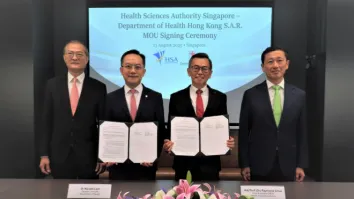






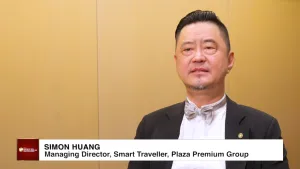
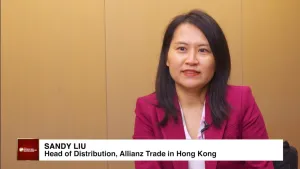
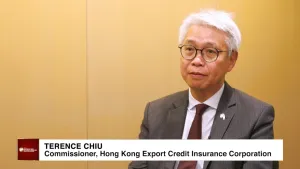
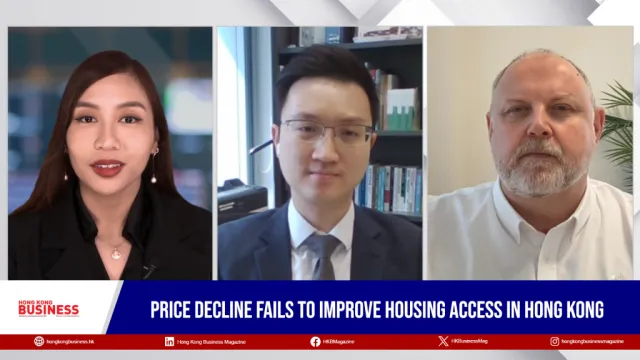
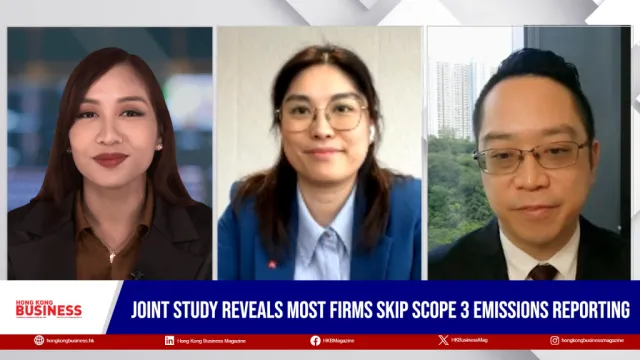
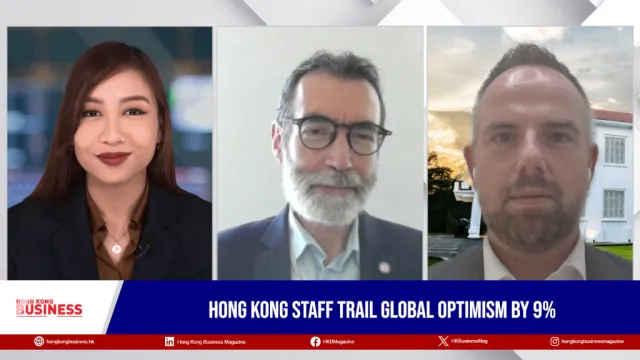
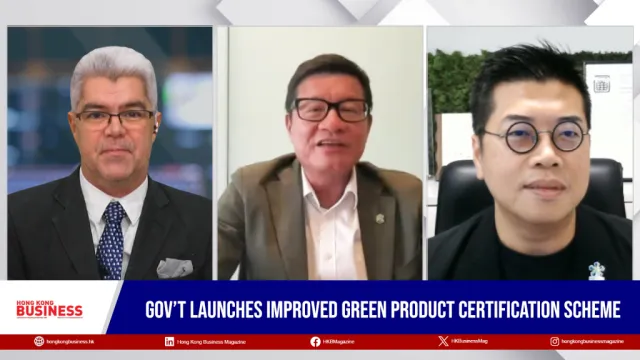
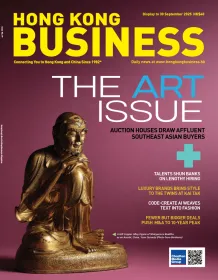
 Advertise
Advertise



